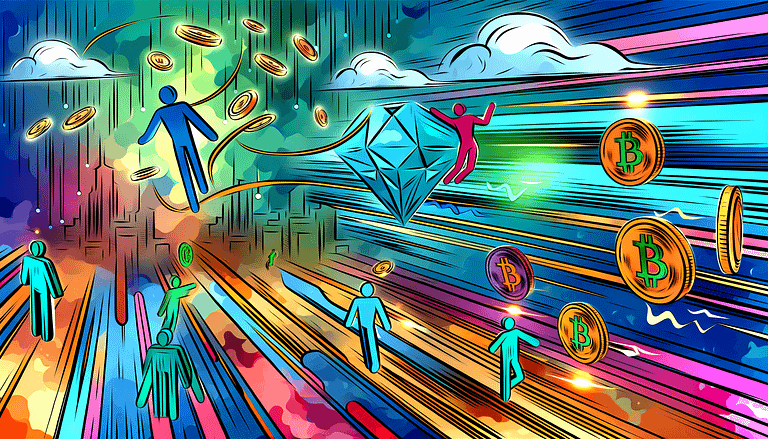CEO Hacks Atari Game on Coinbase’s Network, Questions Security
In A Nutshell
The blockchain and cryptocurrency community recently witnessed a noteworthy event when Kautuk Kundan, CEO of Stackr Labs, claimed to have hacked Atari’s newly launched “on-chain” Asteroids game. The game, developed in partnership with Coinbase’s Ethereum layer-2 network Base, was allegedly infiltrated to demonstrate its lack of actual blockchain integration. Kundan’s actions spotlighted the game’s reliance on traditional web servers for scorekeeping, challenging the authenticity of its “on-chain” claims.
The Hacking Reveal
Kautuk Kundan took to social media on August 6 to disclose the exploit within Atari’s Asteroids game. Without engaging in actual gameplay, Kundan and his team manipulated the game’s leaderboard through API calls to web servers, thereby questioning the integrity of its “on-chain” designation. This revelation raises concerns about the transparency and security of supposed blockchain-based applications, emphasizing the necessity for verifiable on-chain actions.
Atari’s On-Chain Game in Question
Launched in collaboration with the Coinbase layer-2 Ethereum network Base on July 25, Atari’s version of the classic arcade game Asteroids was marketed as an on-chain experience. Players were enticed with the opportunity to compete for prizes, including a $1,000 Atari gift card. However, Kundan’s hack underscores a significant disconnect between the game’s blockchain claims and its actual implementation.
Proof of Gameplay: A Proposed Solution
In light of this incident, Kundan advocated for the adoption of “Proof of Gameplay,” an Ethereum roll-up system devised by Stackr Labs. This protocol ensures that games and applications which claim to be “on-chain” are indeed verifiable on the blockchain. Kundan’s initiative is not merely a critique but a call to action for enhancing the authenticity and functionality of blockchain applications.
Our Take
The hacking of Atari’s Asteroids game by Kautuk Kundan is a pivotal moment for the blockchain gaming community. It serves as a stark reminder of the disparities that can exist between marketing claims and technological realities. While Kundan’s hack might initially appear as a negative exposé, it fundamentally seeks to elevate the standards of blockchain applications. The advancement towards truly on-chain games requires rigorous verification mechanisms, such as the “Proof of Gameplay” proposed by Kundan. This incident should act as a catalyst for developers and companies within the cryptocurrency and blockchain sectors to prioritize transparency and verifiable blockchain integration in their products.
As the blockchain industry continues to evolve, incidents like these are invaluable for highlighting vulnerabilities and driving innovation. Ensuring that games and applications are genuinely on-chain is paramount for the credibility of the blockchain space. As we move forward, let this be a lesson in the importance of integrity, innovation, and the relentless pursuit of verifiable truth in the ever-expanding realm of blockchain technology.







